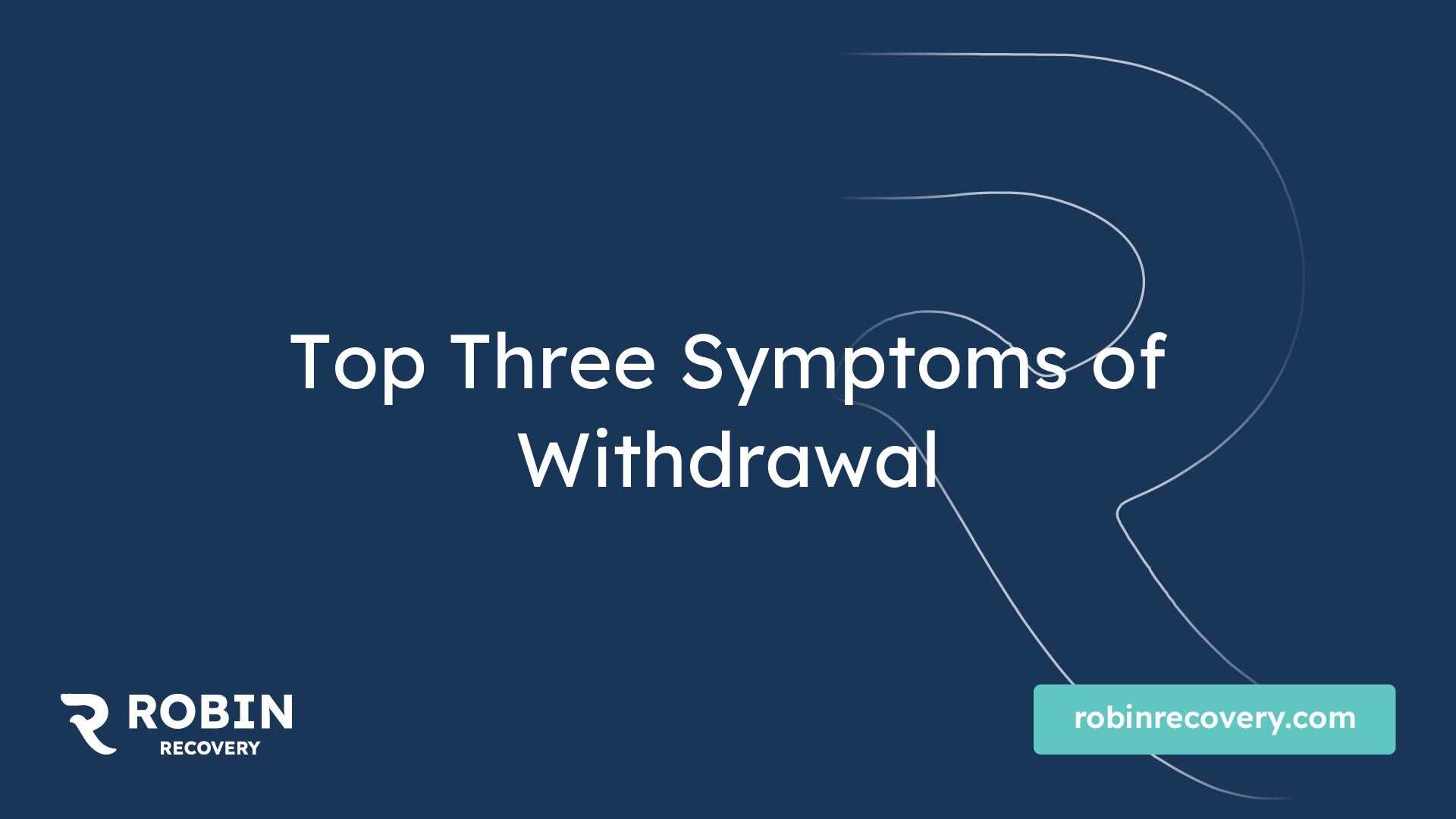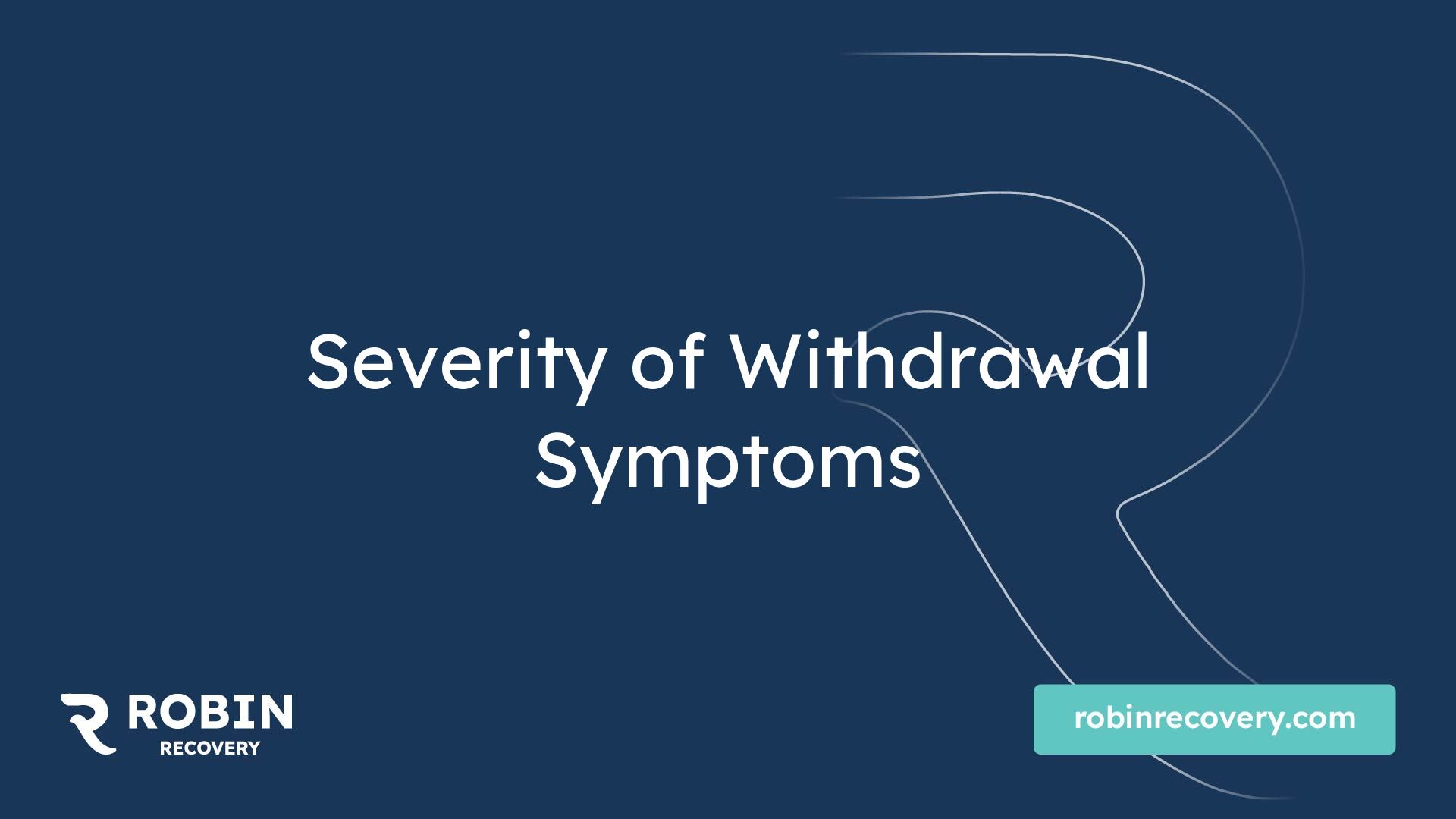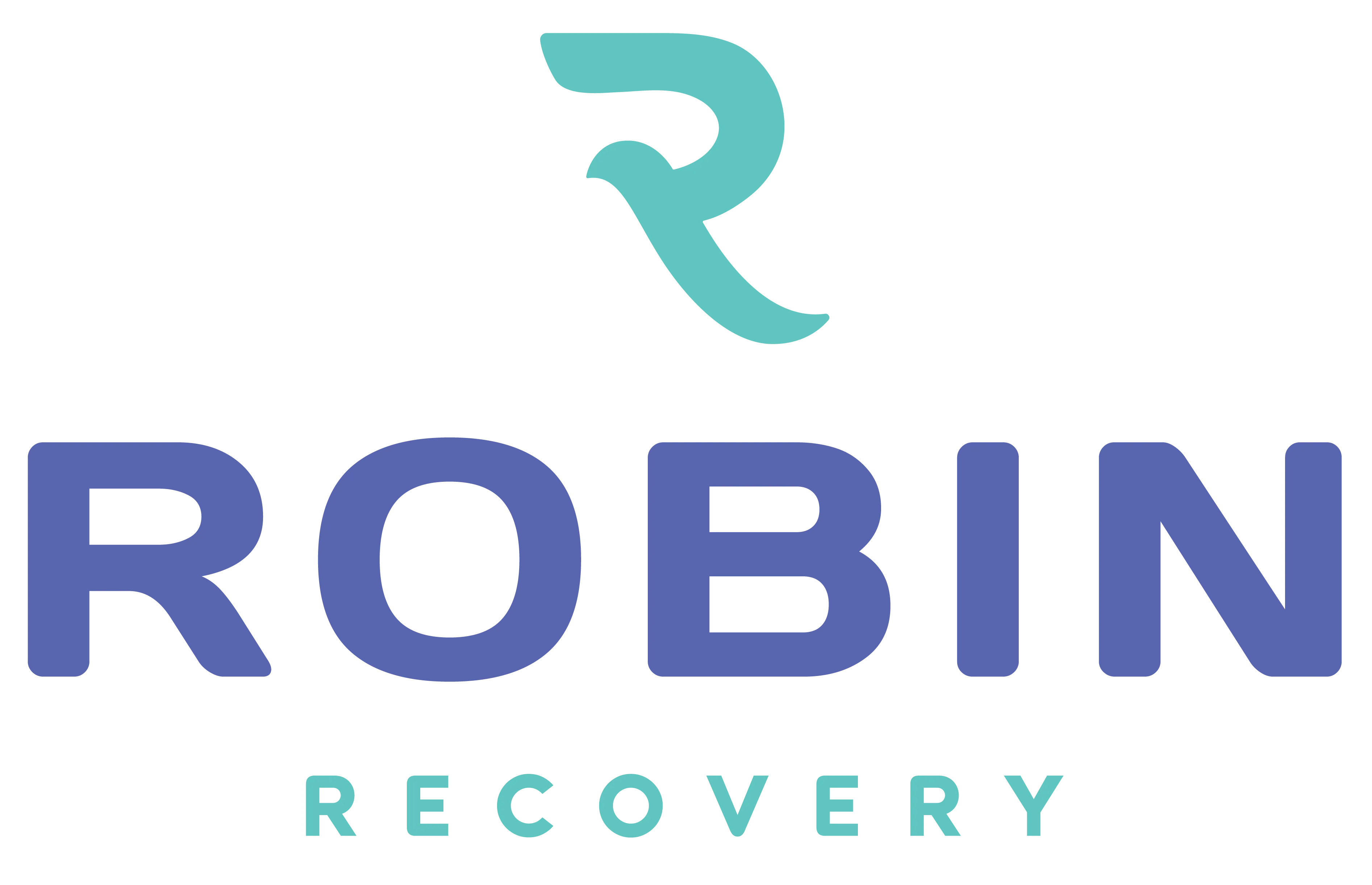Understanding Withdrawal Symptoms

Withdrawal symptoms can pose significant challenges for individuals trying to overcome addiction. The three common symptoms of withdrawal include intense cravings, physical illness, and mental health challenges. This section will explore these symptoms in detail.
Cravings and Urges
One of the most prevalent symptoms of withdrawal is intense cravings for the substance the individual is trying to quit. These cravings can begin soon after the last use and may feel overwhelming. According to the Mayo Clinic, cravings are often accompanied by urges that can make it difficult for individuals to resist the temptation to use again.
Cravings CharacteristicsDescriptionIntensityMay range from mild to almost unbearableDurationCan last for days or even weeksTriggersOften provoked by specific environments, situations, or emotions
Physical Impact
The physical effects of withdrawal can vary significantly depending on the substance involved. Common withdrawal symptoms include hot and cold flashes, goosebumps, and a runny nose. More severe symptoms may involve shaking, seizures, and hallucinations, especially for alcohol and certain drugs. This physical impact can lead to feelings of discomfort and illness.
Physical SymptomsExamplesMild SymptomsGoosebumps, runny nose, nauseaSevere SymptomsShaking, seizures, hallucinations
Mental Challenges
Withdrawal often affects mental health, with symptoms that include anxiety, irritability, and fatigue. These mental challenges can complicate the recovery journey, making it more difficult to cope without the substance. According to the Substance Abuse and Mental Health Services Administration (SAMHSA), psychological symptoms can significantly affect an individual's mood and overall well-being.
Mental SymptomsDescriptionAnxietyCan lead to increased stress and discomfortIrritabilityMay cause friction in social interactionsFatigueCan reduce motivation and overall energy levels
Understanding these withdrawal symptoms is crucial for navigating the recovery journey. Those facing withdrawal may want to seek professional help to address these symptoms effectively. For more information on addiction and recovery, visit our articles on the rehab definition, what is rehab like?, and qualities of the best rehab centers.
Severity of Withdrawal Symptoms

Withdrawal symptoms can vary significantly in severity and duration, impacting individuals differently based on their substance use history and overall health. Understanding these variations is crucial for effective management during the recovery journey.
Mild vs. Severe
Withdrawal symptoms can be categorized into mild and severe symptoms, reflecting the range of experiences individuals may face during this challenging period.
Severity LevelExamples of SymptomsMildGoosebumps, runny nose, anxiety, irritability, feeling hot and cold.SevereShaking, seizures, hallucinations, severe agitation, delirium tremens.
For instance, alcohol withdrawal can lead to mild symptoms like anxiety and tremors, but it can escalate to severe conditions that may include life-threatening delirium tremens, which is characterized by autonomic hyperactivity and confusion. In contrast, opioid withdrawal tends to be less severe but can still result in flu-like symptoms such as yawning, nausea, and diarrhea [2].
Duration of Symptoms
The duration of withdrawal symptoms can also vary widely. Generally, symptoms may last from a few days to several weeks, with the type of substance playing a significant role in the timeline.
Substance TypeTypical Duration of SymptomsAlcoholDays to weeks; severe cases may require longer monitoring.OpioidsSymptoms typically last about 1-2 weeks.BenzodiazepinesCan last weeks to months if protracted syndrome occurs.
Withdrawal symptoms will eventually subside with time, but individuals should be prepared for a range of experiences as they navigate their recovery. Understanding the potential longevity and severity of symptoms can aid in planning appropriate coping strategies, including seeking support from professionals and utilizing rehab services to facilitate a smoother recovery journey.
Coping Strategies
Navigating the withdrawal process can be challenging. Adopting effective coping strategies is essential to manage symptoms and facilitate recovery. This section outlines three vital support systems that can aid in the journey: professional support, nutritional support, and psychological assistance.
Seeking Professional Support
Seeking professional support is crucial during the withdrawal process. Medical supervision is particularly important when withdrawing from substances such as alcohol, GHB, benzodiazepines, or ketamine due to potential health risks. Professionals can provide medication or therapies that alleviate withdrawal symptoms and ensure the individual's safety throughout the process.
SubstanceProfessional Supervision NeededAlcoholYesBenzodiazepinesYesGHBYesKetamineYes
Including medical professionals can enhance the success rate of recovery and provide structured support tailored to individual needs. This may include rehabilitation programs and counseling that address underlying addiction issues.
Nutritional Support
Nutrition plays a significant role in easing withdrawal symptoms. A balanced diet rich in essential nutrients can support the body during the recovery phase. According to the Alcohol and Drug Foundation, a diet that includes good carbohydrates, proteins, fresh fruits and vegetables, and essential fats can help stabilize mood and minimize withdrawal effects.
Nutrient TypeExamplesBenefitsGood CarbohydratesWhole grains, legumesStabilizes energy and moodProteinsLean meats, nuts, legumesSupports recovery and repair of tissuesFresh Fruits and VegetablesLeafy greens, berriesProvides vitamins and antioxidantsEssential FatsAvocados, olive oilSupports cognitive function
Maintaining adequate fluid intake is also vital to keep the body hydrated, which can help alleviate some discomfort during withdrawal.
Psychological Assistance
Psychological support is essential for individuals facing withdrawal. It is beneficial for loved ones to encourage those undergoing withdrawal to challenge negative or illogical thoughts. Helping them maintain a positive outlook is crucial, as they can view negative symptoms as signs of their body detoxifying.
Tools such as lists of reasons for quitting can serve as motivating reminders during difficult moments. Exploring ways to manage stress and anxiety also plays an important role in this process. Consider accessing resources that outline the role of a drug abuse counselor for guidance during this challenging time.
Emphasizing these coping strategies can create a supportive environment that fosters healing and enhances the likelihood of successful recovery from withdrawal.
Withdrawal from Specific Substances
Withdrawal symptoms can vary significantly depending on the substance from which an individual is withdrawing. This section covers the symptoms associated with alcohol, opioids, and benzodiazepines.
Alcohol Withdrawal
Alcohol withdrawal symptoms can range from mild to severe, with potentially life-threatening complications. Common signs include anxiety, tremors, and agitation. More severe manifestations can lead to delirium tremens, characterized by autonomic hyperactivity, tachypnea, hyperthermia, and diaphoresis. The mortality rates for patients hospitalized due to alcohol withdrawal are estimated at 30% within a four-year period following the withdrawal [2].
SymptomsSeverity LevelAnxietyMildTremorsMild to SevereDelirium TremensSevereSeizuresSevere
Opioid Withdrawal
Opioid withdrawal is generally less severe compared to alcohol withdrawal, but it still presents significant challenges. Symptoms typically resemble a flu-like illness and may include yawning, sneezing, rhinorrhea (runny nose), nausea, diarrhea, and vomiting. Complications can arise, including dehydration and electrolyte disturbances, especially if not managed properly. Protracted withdrawal syndrome can also occur, leading to hypotension, bradycardia, and hypothermia [2].
SymptomsSeverity LevelYawningMildNauseaMild to ModerateVomitingMild to ModerateDiarrheaMild to Moderate
Benzodiazepine Withdrawal
Benzodiazepine withdrawal symptoms can be quite severe and share similarities with alcohol withdrawal. Common symptoms include agitation, poor memory, insomnia, anxiety, and panic attacks. Severe cases may lead to seizures and other life-threatening complications. Some individuals may experience protracted withdrawal syndrome, which can last for months, necessitating careful management strategies for recovery.
SymptomsSeverity LevelAgitationMild to SevereInsomniaMild to ModerateAnxietyMild to SevereSeizuresSevere
Understanding these withdrawal symptoms is vital for anyone involved in addiction recovery. Seeking professional assistance and support can significantly aid in managing the symptoms associated with withdrawal from these substances. For more on the complexities of recovery, explore our articles on what is rehab like? and qualities of the best rehab centers.
Post-Acute Withdrawal Syndrome (PAWS)
Post-Acute Withdrawal Syndrome (PAWS) is a phenomenon experienced by individuals recovering from substance addiction. Understanding its onset and symptoms, as well as how to manage it effectively, is crucial for those navigating their recovery journey.
Onset and Symptoms
PAWS symptoms typically manifest after the acute withdrawal phase has subsided, reflecting an adjustment period for the brain and body after substance cessation. The onset is often triggered by stress or situations related to past substance use, leading individuals to describe their experiences as having an "up and down" roller coaster effect [3].
The most common symptoms of PAWS include:
SymptomDescriptionUnpleasant SensationsIndividuals may feel discomfort or awkward sensations in their bodies.Emotional DistressFeelings of anxiety, depression, or irritability may arise, impacting mood stability.CravingsStrong urges to return to substance use can surface, complicating the recovery process.
It's important to note that these symptoms are temporary, and recognizing them can help individuals understand the underlying changes in their body as they recover from addiction [3].
Management and Duration
PAWS symptoms can last for a few days at a time, with the brain recalibration process taking anywhere from six months to two years. This duration varies depending on the type of addiction, as well as the amount and frequency of substance use.
While PAWS cannot be entirely avoided, it can be effectively managed through various strategies:
Understanding and managing PAWS is essential for maintaining recovery and reducing the risk of relapse. Those experiencing these symptoms should reach out for support and recognize that their journey involves both progress and challenges.
Relapse and Long-Term Recovery
Understanding the dynamics of relapse is crucial for anyone navigating the recovery journey. Many individuals confront significant challenges as they work to maintain sobriety.
Risks of Relapse
The risk of relapse is notably high among individuals treated for a substance use disorder. Statistics indicate that over 60% of people experience relapse within the first year following treatment Facing Addiction in America: The Surgeon General's Report on Alcohol, Drugs, and Health. Factors contributing to this risk include:
FactorDescriptionPAWSPsychological/emotional symptoms that may lead to relapse.TriggersEnvironmental cues that recall past substance use.StressNegative emotions that can drive individuals to substance use for relief.
Long-Term Recovery Strategies
To enhance long-term recovery success, individuals can adopt various strategies:
By employing a comprehensive approach to recovery that addresses psychological, emotional, and environmental factors, individuals can significantly improve their chances of long-term sobriety.
References
[2]:
[3]:
[4]:

.svg)

.svg)

.svg)
.svg)






































































































